Reflections from the 2024 DHS Fellows Program
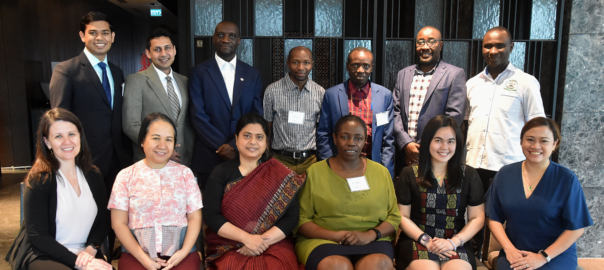
In 2024, five teams of two university faculty members became the newest cohort of DHS Fellows. They worked directly with DHS Program researchers to strengthen their analytical skills, write working papers using DHS Program data, prepare presentations to share their findings with policy makers, and improve their use of DHS Program data in the classroom to enhance their students’ learning.
“I felt like a student again experiencing teamwork environment with a great team of participants from diverse fields and different countries.”
“I intend to use DHS data in my further publications, and I or our team intend to introduce our students to analyze DHS data using Stata. We hope their undergraduate projects will utilize the data.” -anonymous evaluations
The DHS Fellows Program strengthens the long-term institutional capacity of universities in DHS countries to train students and faculty to analyze DHS data. Since 2011, the DHS Fellows Program has trained more than 190 researchers from 64 universities in 29 countries in Africa, Asia, and the Middle East. Typically, DHS Fellows attend two separate in-person workshops, prepare publication-quality research papers in teams using DHS datasets, and implement capacity strengthening activities at their home universities.
For the 2024 DHS Fellows Program, a cohort of university faculty from Bangladesh, Kenya, Philippines, Tanzania, and Uganda convened for two workshops in Makati City, Philippines and Mombasa, Kenya. The first workshop prepared DHS Fellows to analyze DHS Program data from their respective countries. Facilitators reviewed DHS questionnaires, recode data files and variables, survey sampling and weighting, use of do files in Stata, dataset merging, variable recoding, and regression analysis. Former DHS Fellows co-facilitating the workshop shared with 2024 DHS Fellows how to prepare and implement capacity strengthening workshops on DHS Program data at their home universities. DHS Fellows enjoyed networking, getting to know each other, exploring farmers’ markets in Makati City and safari trips in Mombasa on the weekends.
About two months later, the 2024 DHS Fellows came together again for the second workshop in Mombasa, Kenya, focused on refining their research papers and learning more about advanced topics, such as geospatial analysis using DHS Program data. Teams of DHS Fellows also worked on presentations to communicate the findings of their research to non-technical audiences to maximize uptake of their findings by policy and program partners.
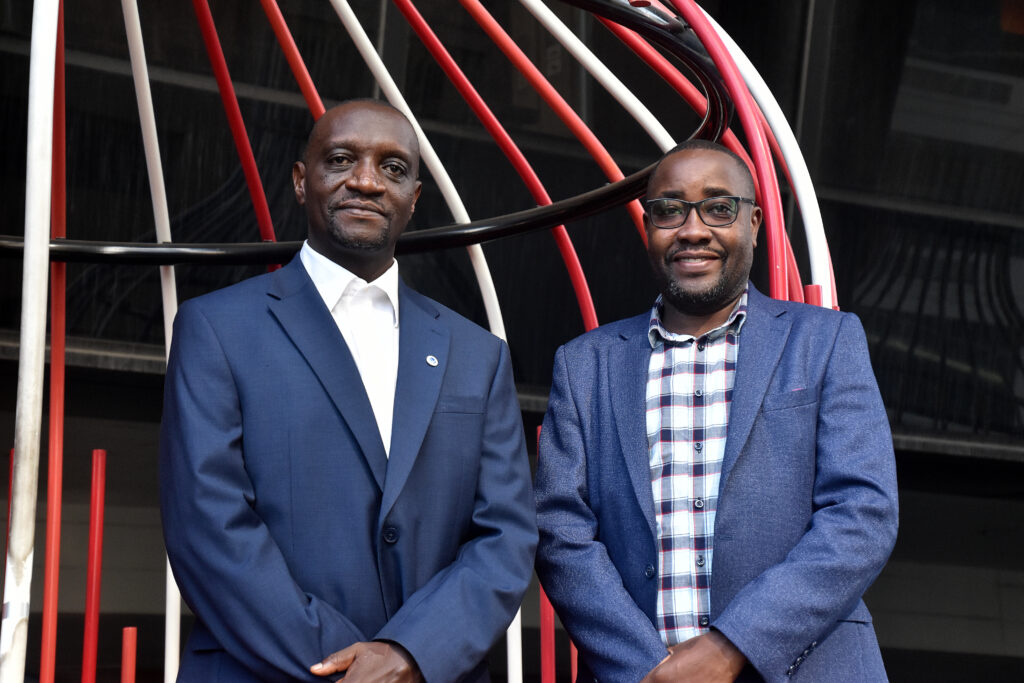
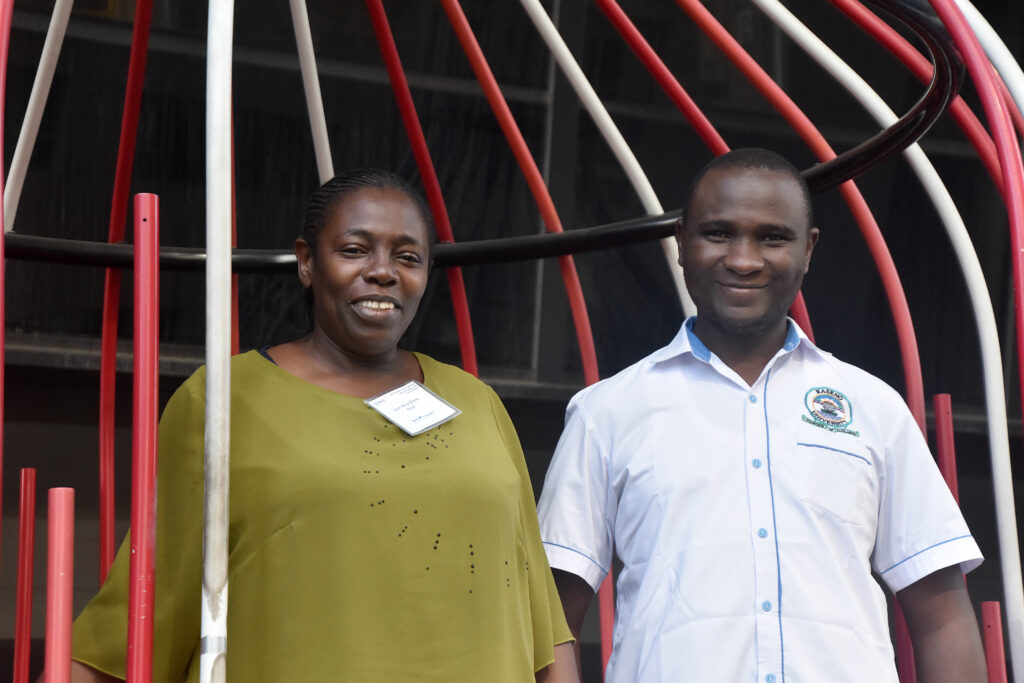
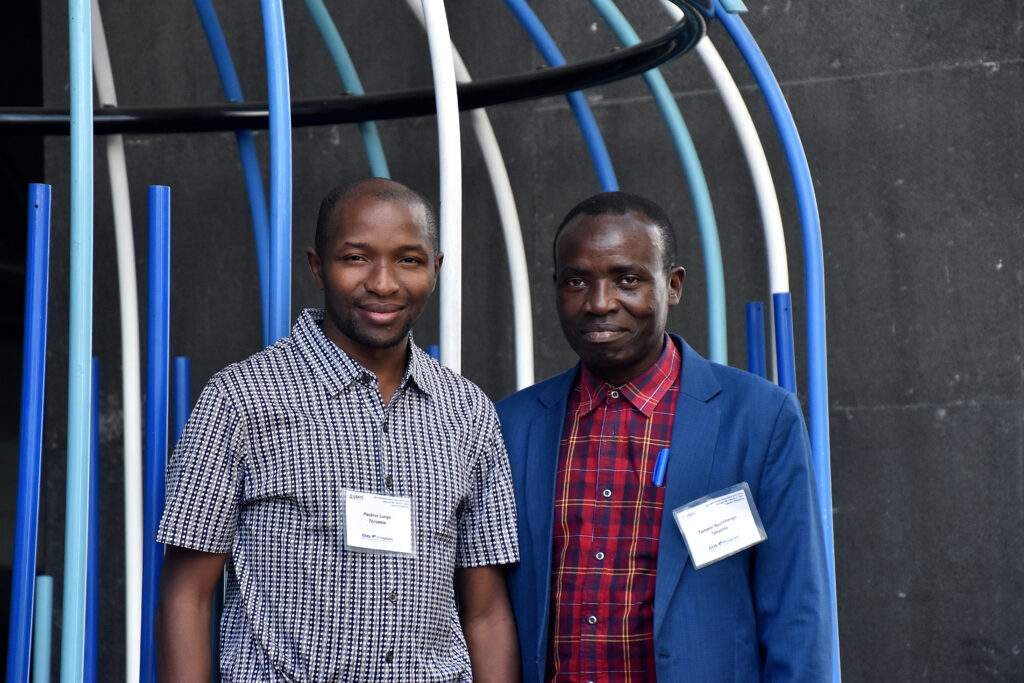
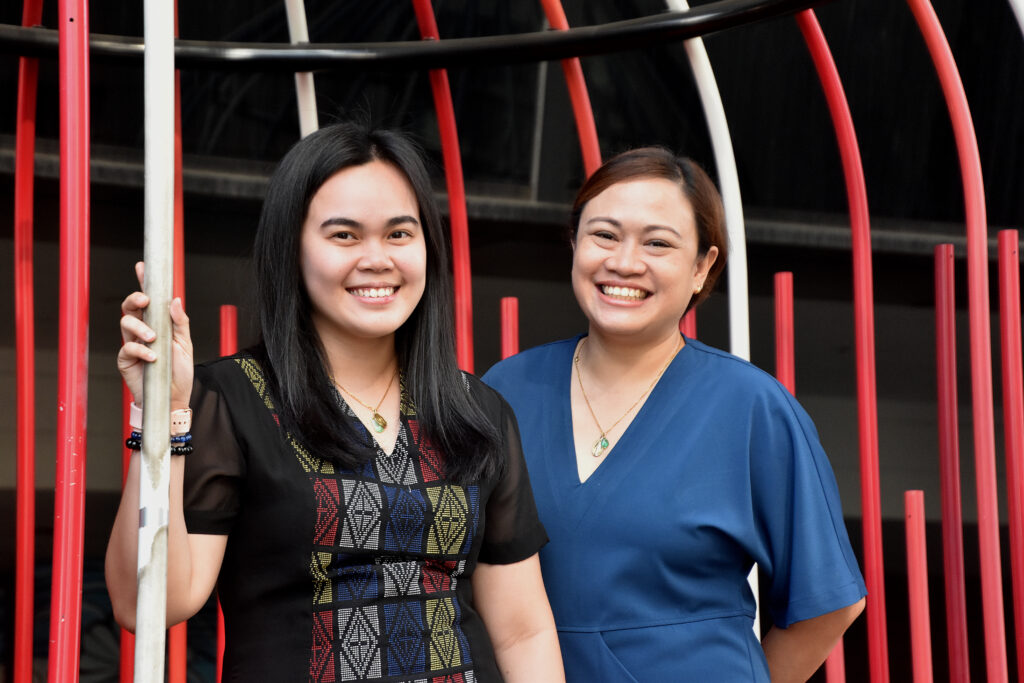

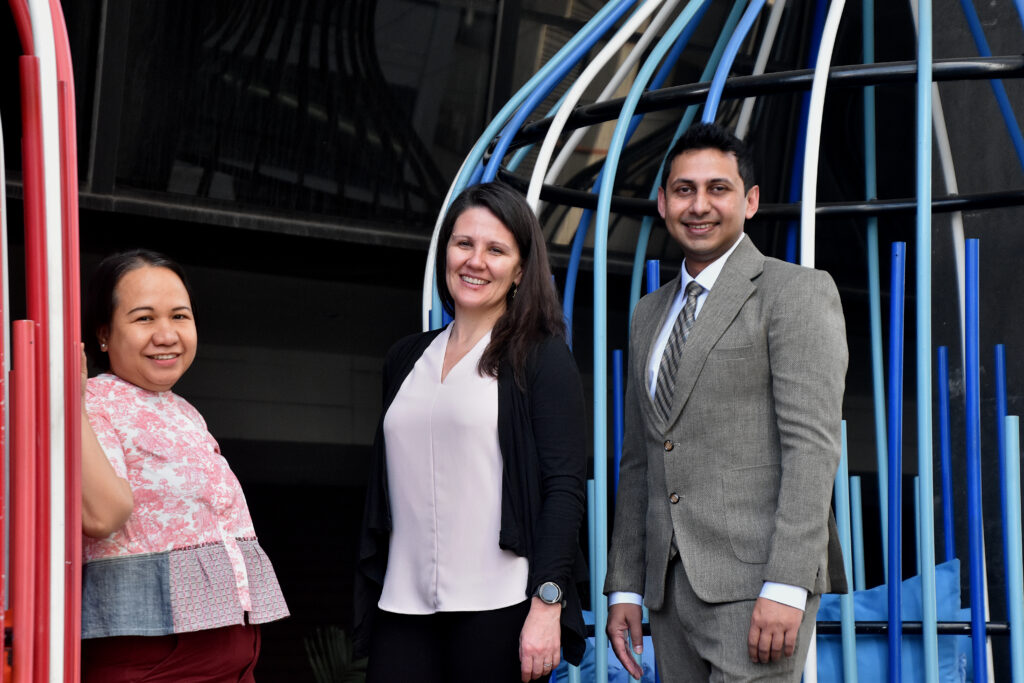
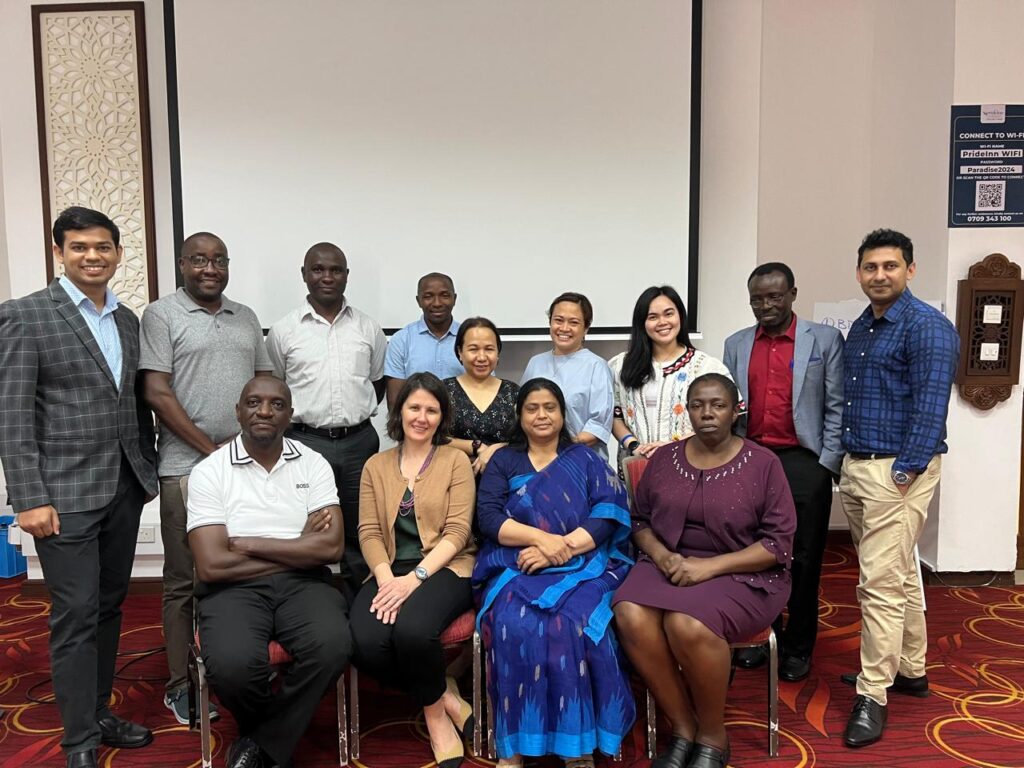
The 2024 DHS Fellows presented their research findings using DHS Program data to USAID Washington, USAID missions, and other partners. The 2024 DHS Fellows produced working papers on the following research topics:
- Trends in Correlates of Cesarean Section in Bangladesh: Insights from BDHS 2007-2017
- Intimate Partner Violence Experiences of Filipino Women: Evidence from the Philippines
- Predictors of Insecticide-treated Net Utilization among Children under Age 5 in Refugee Settlements in Uganda: Analysis of the 2018-19 Uganda Malaria Indicator Survey
- Determinants of Unmet Need for Family Planning among Women in Kenya: Insights from the 2022 Kenya Demographic and Health Survey
- Factors Associated with Pregnancy among Teenage Girls Age 15-19 in Tanzania: Analysis of the 2022 Tanzania Demographic and Health Survey and Malaria Indicator Survey
Does the DHS Fellows program sound interesting to you? Are you a faculty member at a university in Angola, Burkina Faso, Cambodia, Cameroon, Côte d’Ivoire, Democratic Republic of the Congo, Gabon, Gambia, Jordan, Lesotho, Liberia, Madagascar, Mali, Mauritania, Mozambique, Nepal, Niger, Rwanda, Senegal, Sierra Leone, or Tajikistan? Do you teach and/or conduct research in demography, public health, economics, sociology or other social sciences? Apply today! The deadline for the 2025 DHS Fellows Program is Wednesday, November 5, 2024.

This as truly an enriching experience. I trust the next cohort will learn and enjoy as much.